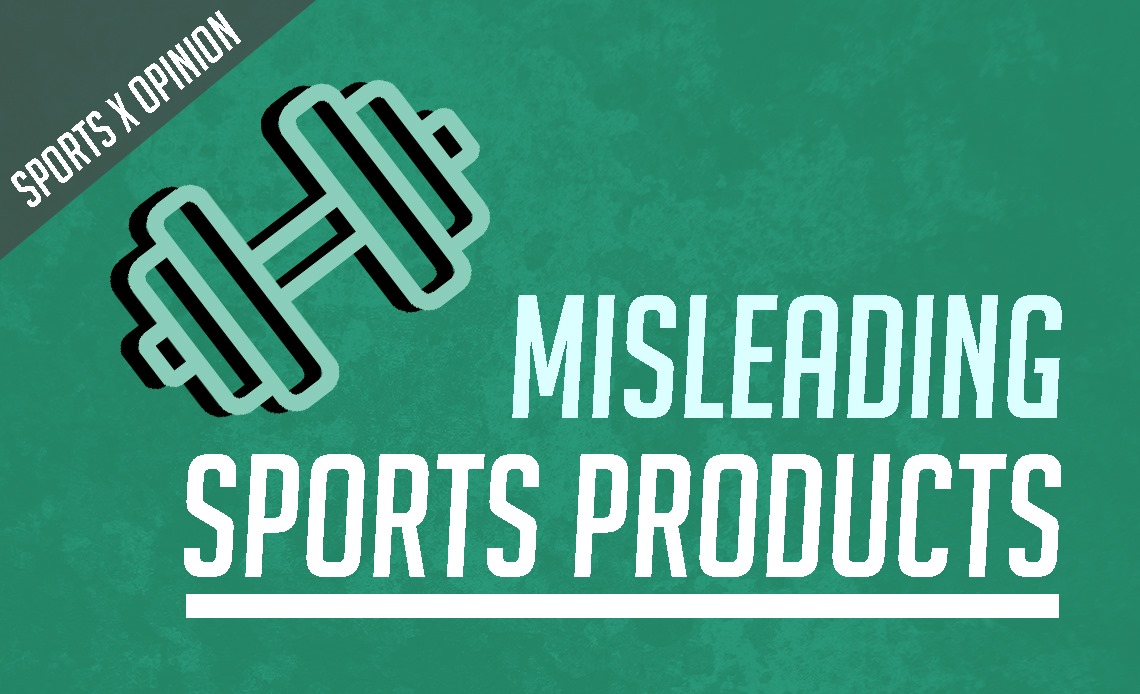by Staff Writer Tavish Mohanti
In recent years, a healthy lifestyle has become a central tenet of modern-day life, with countless social media campaigns and projects promoting healthier choices and products. Companies have noticed this trend and have started exploiting it as a marketing strategy to sell products. However, these products are often sold through deceiving advertisements and manipulative tactics, hiding the fact that they may not function properly, and may even pose dangers to the consumer. Take, for example, Vitaminwater, which Coca Cola falsely claimed could reduce the risk of eye disease and promote healthier bone joints. Or, Vibram, a company that asserted its trademark FiveFinger Shoes had several health advantages over regular shoes but had no scientific evidence to back up their claims. The list goes on and on. These misleading promises and the companies behind them are highly problematic and harmful for several reasons.
For one, these products are advertised as miracle fixes, but often fail to deliver on their promises and sometimes have the opposite effect. In 2010, New Balance released toning shoes that purportedly could activate lower body muscles and burn 8% more calories than regular shoes. They were able to sell upwards of $252 million worth of the shoes before comprehensive scientific research from the American Council on Exercise found the shoes provided no added activation. Additionally, the study found that the rocker-style insoles of the shoes could cause injuries like tendinitis and hip pain. Similarly, in a study published by Medicine and Science in Sports and Exercise, the previously mentioned Vibram FiveFinger shoes caused significant bone injuries in athletes, with several of the study’s subjects experiencing stress fractures and bone marrow edemas. Under the guise of scientific research and miracle products, corporations sell faulty sports equipment and workout enhancements to rake in more profit, regardless of the consequences
Unfortunately, this phenomenon is not limited to the sports equipment industry. Health fads and diet products have become increasingly common, promising rapid weight loss and other benefits. For example, advertised as a slimming herbal tea, Teami allegedly aids in quick and efficient weight loss. The cocktail of chemicals and herbs like senna, a common laxative, has become widely popular. Nevertheless, doctors warn these laxative products are extremely dangerous and can lead to dehydration, electrolyte imbalance, and the loss of important gut bacteria. Furthermore, according to Sonal Shah, a nutritional therapist, there is little to no evidence to suggest such herbal teas can have any weight loss benefits at all.
Not only do these misguided advertisements physically harm consumers, but they also breed a toxic environment in the athletic and fitness world. Companies prey on consumers’ insecurities in order to sell their products — typically through celebrity and social media influencer endorsements. For example, Teami, the aforementioned diet tea company, has been endorsed by major celebrities and influencers like Cardi B, Jordin Sparks, Kylie Jenner, Demi Lovato, and fitness influencer Katya Elise Henry. It is detrimental when celebrities, whom people look to for guidance and inspiration, give false promises about a product that has been proven ineffective, like when Cardi B tweeted, “Thankful to be a #teami partner and getting this momma bear bod right.” Furthermore, such deceptive marketing campaigns perpetuate the sinister message that skinny is “right”, and it preys especially on those who believe they are somehow inadequate.
The bottom line is that the government needs to do more to hold companies and corporations accountable for their actions. Further, celebrities should use their positions to fight the destructive standards set by such products, instead of endorsing them. Jameela Jamil is one of the many influencers currently lobbying Instagram for tighter restrictions on diet products and weight loss advertisements. Finally, people need to be more careful before buying into health and athletic fads. They need to understand that there are rarely miraculously quick fixes to problems and that staying healthy often requires bigger lifestyle changes.
Graphic by Web Editor Gregory Wu


Be the first to comment on "Not So Healthy Health Products"